
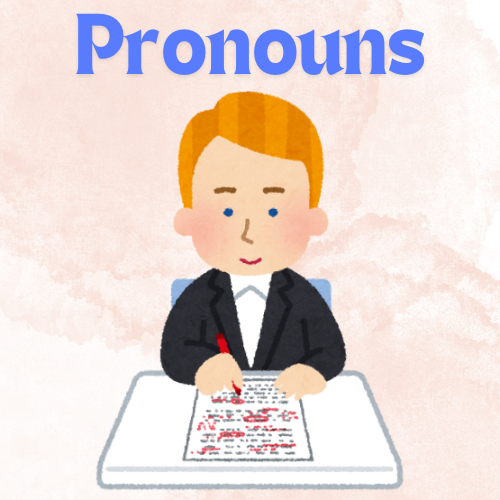
Introduction:
Welcome to our intermediate English learning lesson on pronouns! Pronouns are essential in English for replacing nouns and making sentences less repetitive and more fluid. In this lesson, you will learn about the different types of pronouns and their functions. This understanding will help you use pronouns correctly and enhance your communication skills in English. Let’s explore the various types of pronouns and see how they are used in sentences.
Lesson Content:
Introduction to Pronouns:
Explanation:
Pronouns are words that replace nouns in sentences to avoid repetition and simplify communication. There are several types of pronouns, each serving a unique purpose. In this lesson, we will cover personal pronouns, possessive pronouns, demonstrative pronouns, reflexive pronouns, interrogative pronouns, and indefinite pronouns.
Personal Pronouns:
Definition: Personal pronouns refer to specific people or things and change form based on the subject or object in a sentence.
Examples: "I," "you," "he," "she," "it," "we," "they"
"She is happy."
"We are going to the park."
Possessive Pronouns:
Definition: Possessive pronouns indicate ownership or possession.
Examples: "mine," "yours," "his," "hers," "ours," "theirs"
"The book is mine."
"Is this yours?"
Demonstrative Pronouns:
Definition: Demonstrative pronouns point to specific things and indicate proximity or distance.
Examples: "this," "that," "these," "those"
"This is my house."
"I like those shoes."
Reflexive Pronouns:
Definition: Reflexive pronouns refer back to the subject of the sentence and indicate that the subject and object are the same.
Examples: "myself," "yourself," "himself," "herself," "itself," "ourselves," "themselves"
"She hurt herself."
"They did it themselves."
Interrogative Pronouns:
Definition: Interrogative pronouns are used to ask questions.
Examples: "who," "whom," "whose," "what," "which"
"Who is that?"
"What do you want?"
Indefinite Pronouns:
Definition: Indefinite pronouns refer to nonspecific persons or things.
Examples: "someone," "anyone," "everyone," "no one," "somebody," "anybody," "everybody," "nobody"
"Someone is at the door."
"Everybody likes ice cream."
Understanding and using these pronouns correctly will improve your fluency and make your English sound more natural.
Introduction: Welcome to our intermediate English learning lesson on pronouns! Pronouns are essential in English for replacing nouns and making sentences less repetitive and more fluid.
In this lesson, you will learn about the different types of pronouns and their functions.
This understanding will help you use pronouns correctly and enhance your communication skills in English.
Let’s explore the various types of pronouns and see how they are used in sentences.
Lesson Content: Introduction to Pronouns: Explanation: Pronouns are words that replace nouns in sentences to avoid repetition and simplify communication.
There are several types of pronouns, each serving a unique purpose.
In this lesson, we will cover personal pronouns, possessive pronouns, demonstrative pronouns, reflexive pronouns, interrogative pronouns, and indefinite pronouns.
Personal Pronouns: Definition: Personal pronouns refer to specific people or things and change form based on the subject or object in a sentence.
Examples: "I," "you," "he," "she," "it," "we," "they" "She is happy." "We are going to the park." Possessive Pronouns: Definition: Possessive pronouns indicate ownership or possession.
Examples: "mine," "yours," "his," "hers," "ours," "theirs" "The book is mine." "Is this yours?" Demonstrative Pronouns: Definition: Demonstrative pronouns point to specific things and indicate proximity or distance.
Examples: "this," "that," "these," "those" "This is my house." "I like those shoes." Reflexive Pronouns: Definition: Reflexive pronouns refer back to the subject of the sentence and indicate that the subject and object are the same.
Examples: "myself," "yourself," "himself," "herself," "itself," "ourselves," "themselves" "She hurt herself." "They did it themselves." Interrogative Pronouns: Definition: Interrogative pronouns are used to ask questions.
Examples: "who," "whom," "whose," "what," "which" "Who is that?" "What do you want?" Indefinite Pronouns: Definition: Indefinite pronouns refer to nonspecific persons or things.
Examples: "someone," "anyone," "everyone," "no one," "somebody," "anybody," "everybody," "nobody" "Someone is at the door." "Everybody likes ice cream." Understanding and using these pronouns correctly will improve your fluency and make your English sound more natural.
|
|
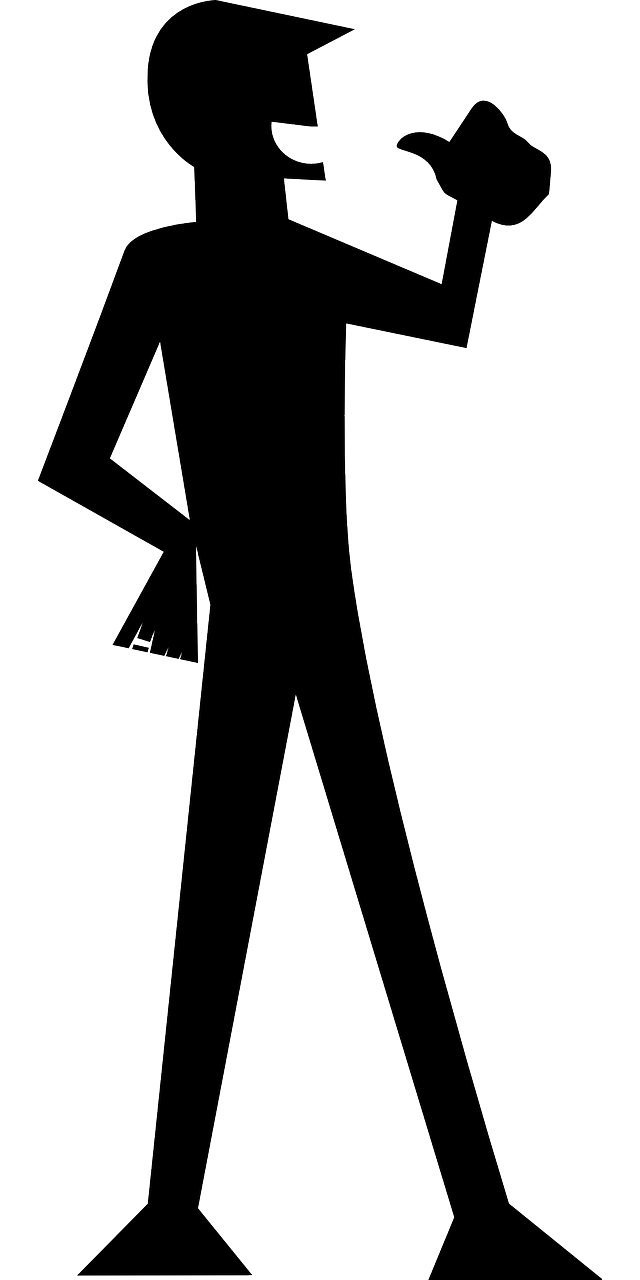
ii |

I am happyI am happy |

youyou |

You are tallYou are tall |

hehe |

He likes pizzaHe likes pizza |

sheshe |

She is reading a bookShe is reading a book |
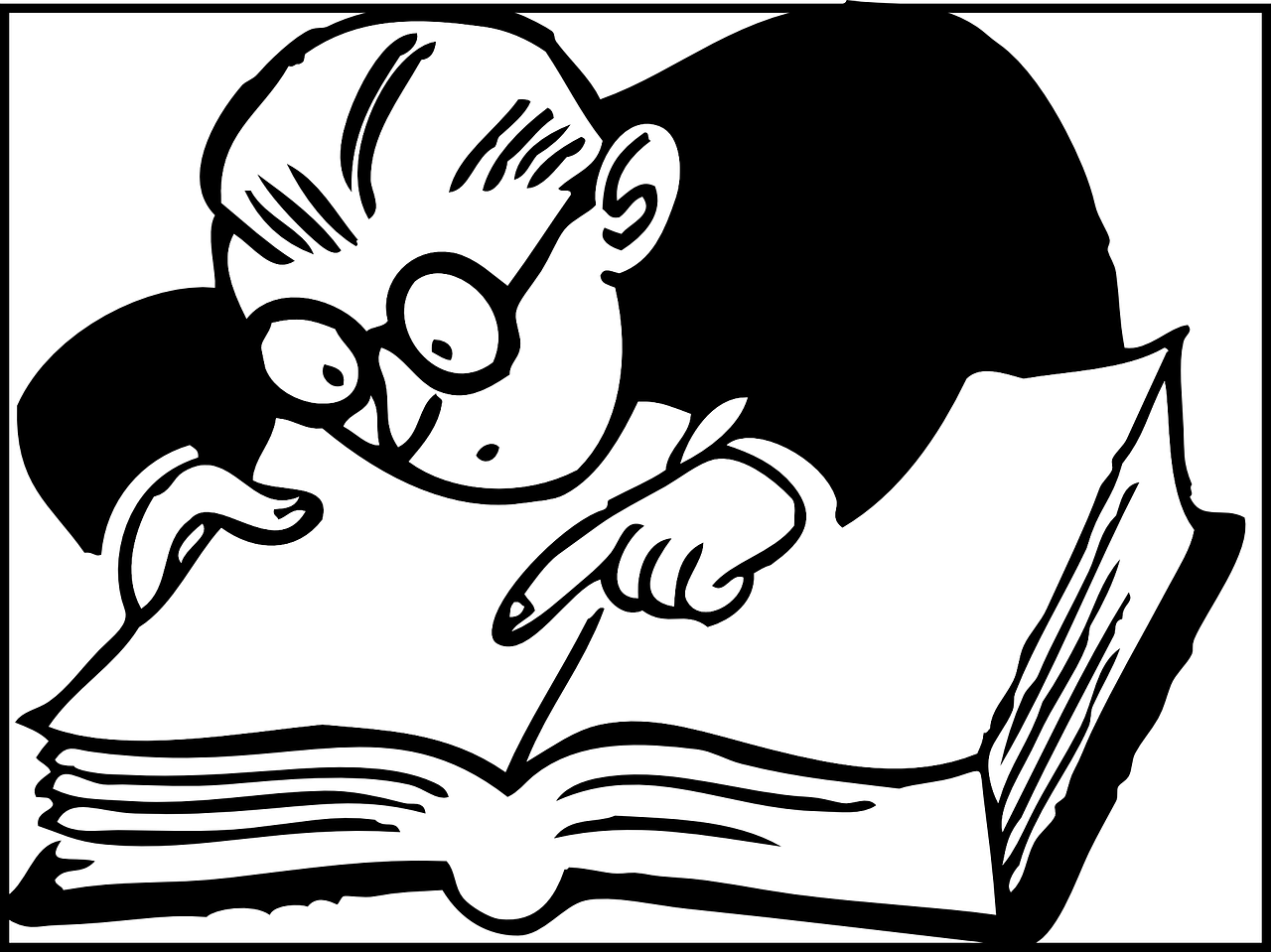
itit |

It is rainingIt is raining |

wewe |

We are going to the parkWe are going to the park |
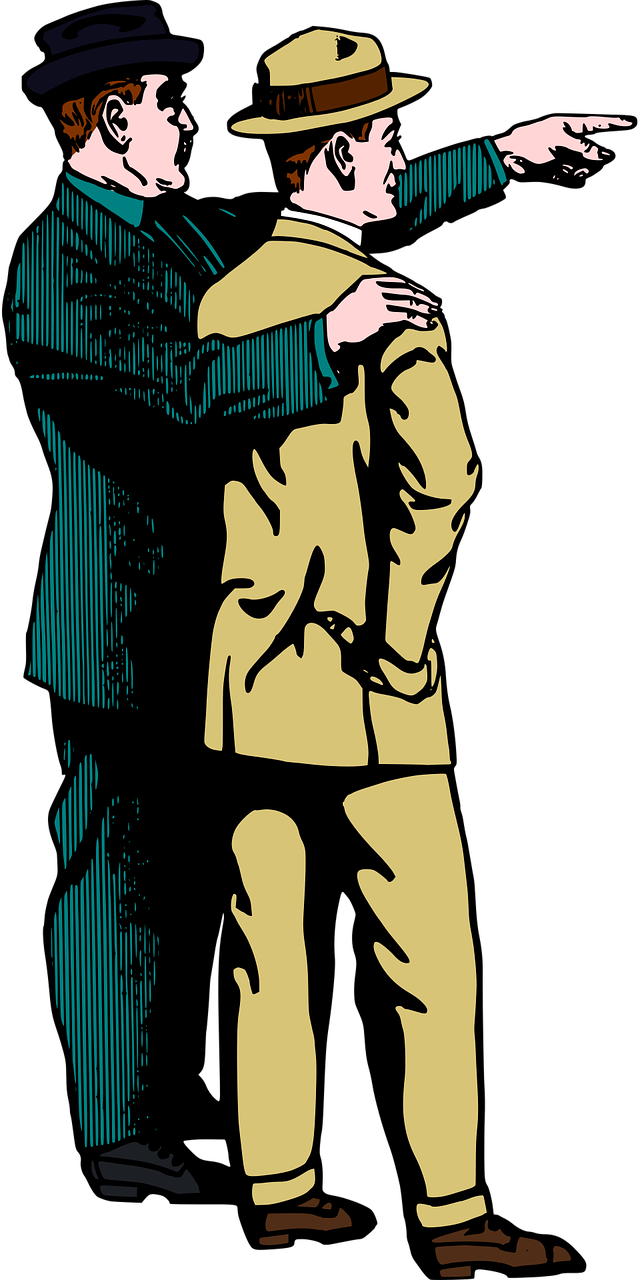
theythey |
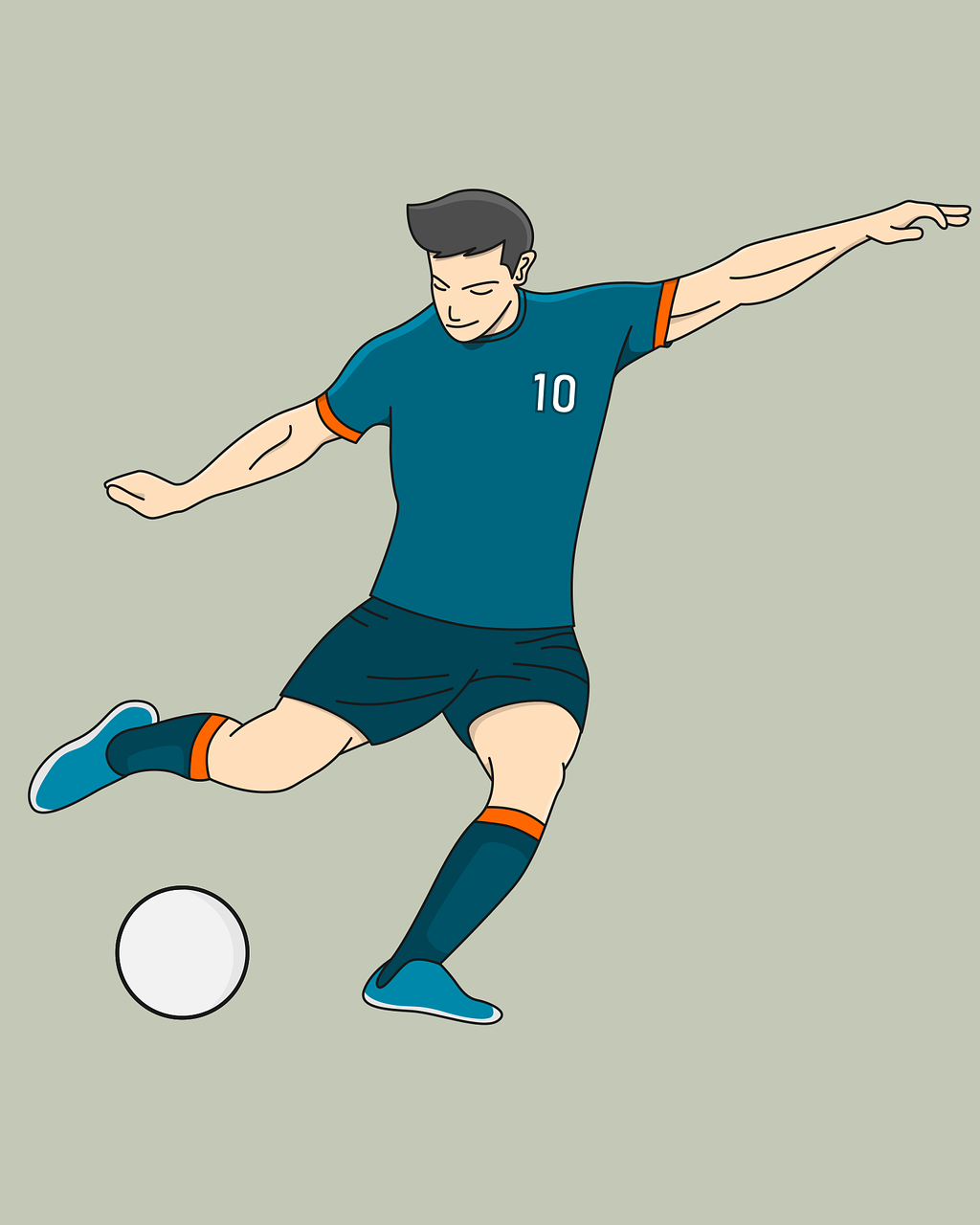
They are playing soccerThey are playing soccer |

thisthis |

This is my houseThis is my house |

thatthat |

I like that shirtI like that shirt |

thesethese |

These are my friendsThese are my friends |

thosethose |

Can you pass me those booksCan you pass me those books |

myselfmyself |

I hurt myselfI hurt myself |

yourselfyourself |

You should be proud of yourselfYou should be proud of yourself |

himselfhimself |

He baked the cake himselfHe baked the cake himself |

herselfherself |

She hurts herselfShe hurts herself |

itselfitself |

The cat cleans itselfThe cat cleans itself |

ourselvesourselves |
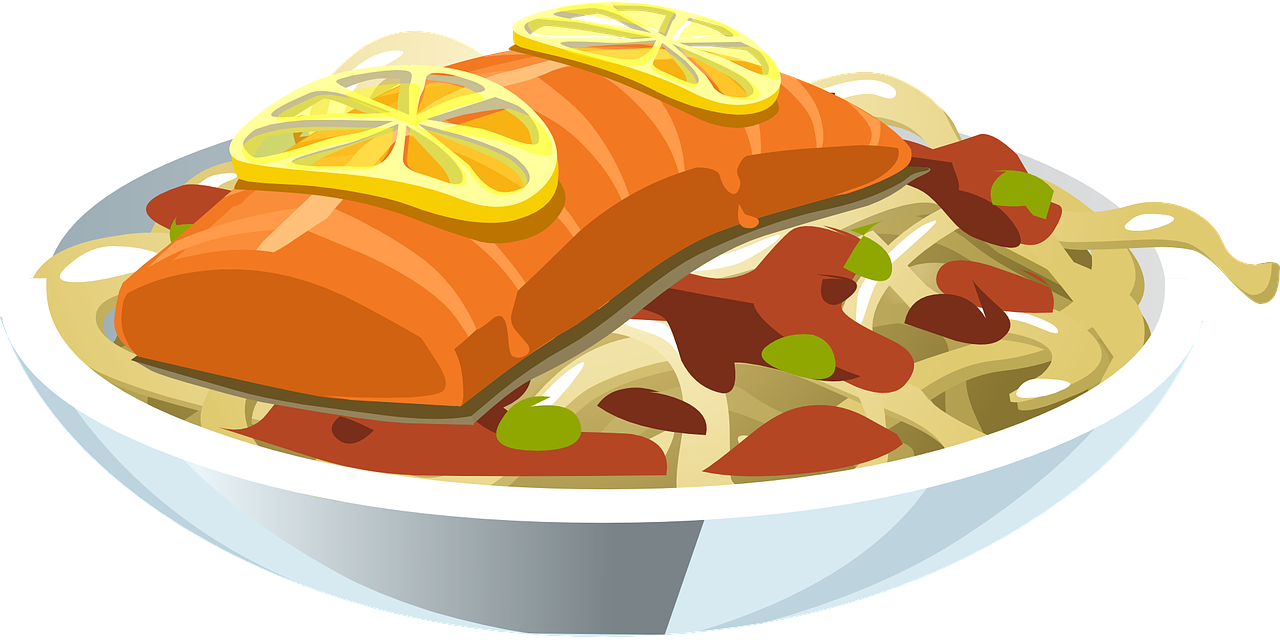
We prepared the meal ourselvesWe prepared the meal ourselves |

yourselvesyourselves |

You can help yourselvesYou can help yourselves |

themselvesthemselves |

They enjoyed themselvesThey enjoyed themselves |

whowho |

Who is thatWho is that |

whomwhom |

Whom did you invite to the partyWhom did you invite to the party |

whosewhose |
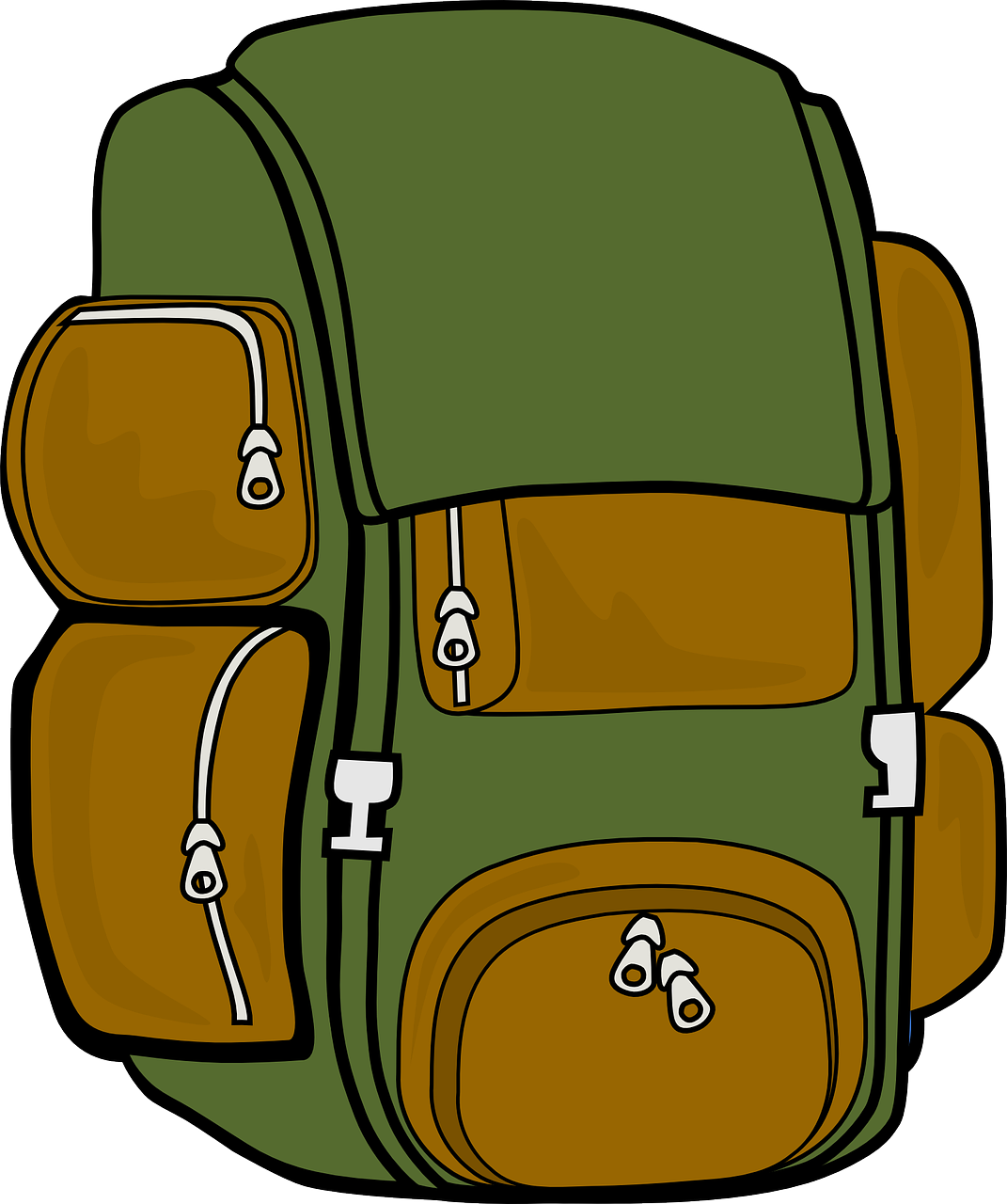
Whose bag is thisWhose bag is this |

whatwhat |

What are you doingWhat are you doing |

whichwhich |
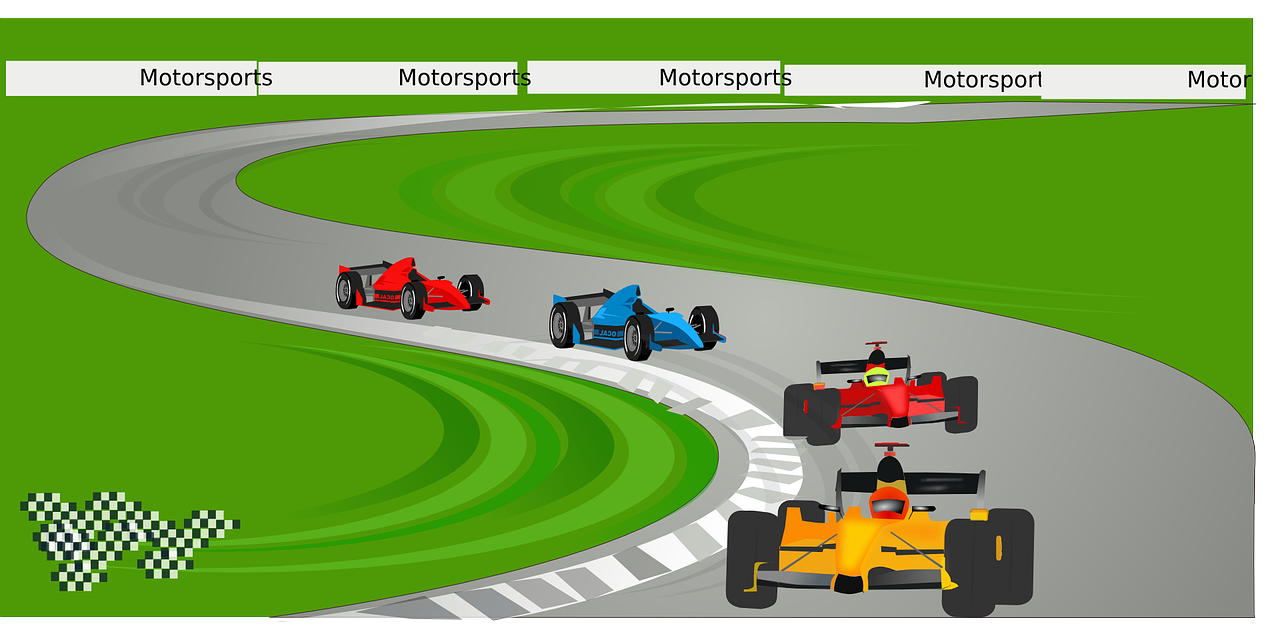
Which one do you preferWhich one do you prefer |

someonesomeone |

Someone is at the doorSomeone is at the door |

anybodyanybody |
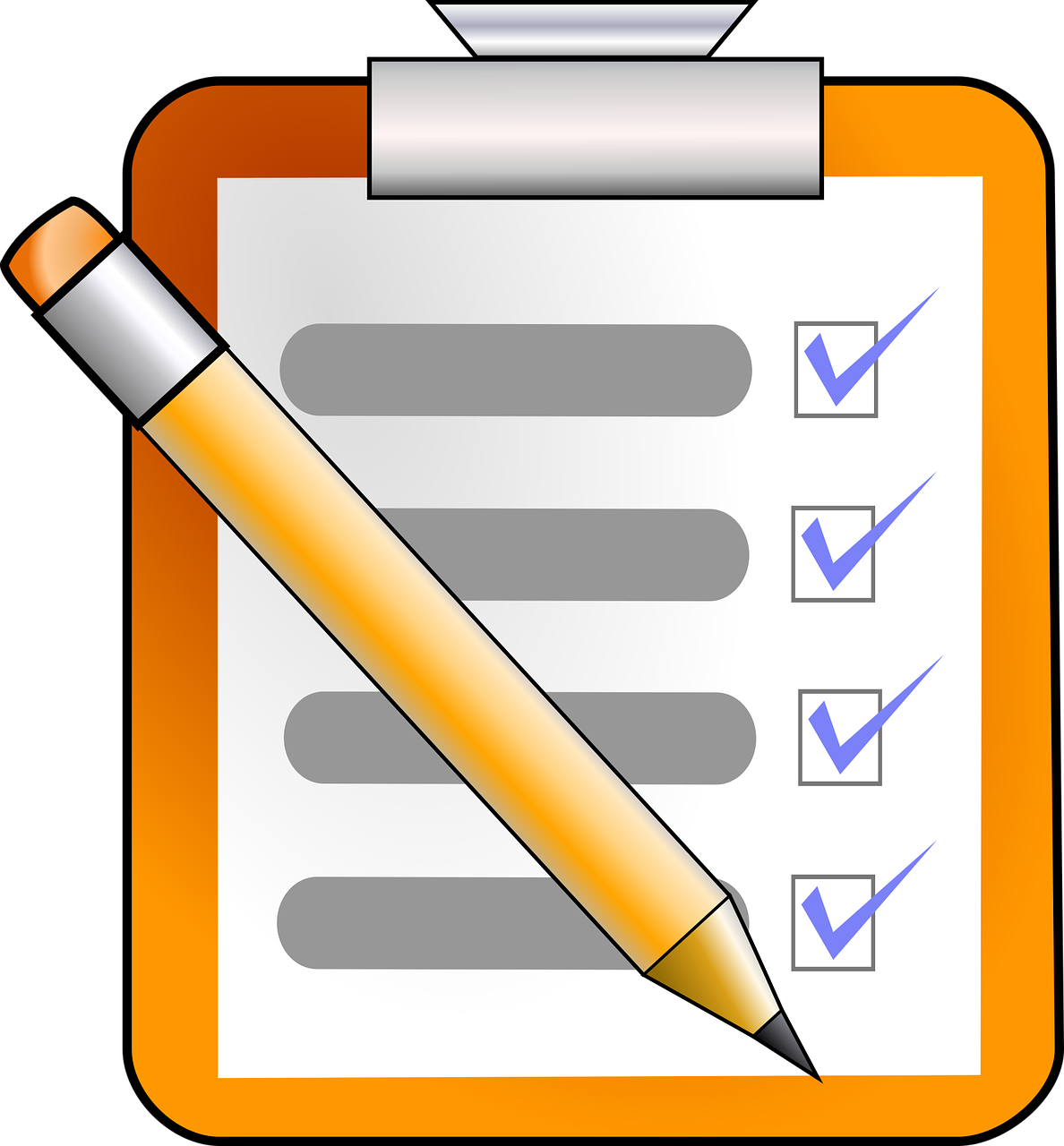
Anybody can do itAnybody can do it |

nobodynobody |

Nobody knows the answerNobody knows the answer |

everyoneeveryone |

Everyone enjoyed the partyEveryone enjoyed the party |

somethingsomething |
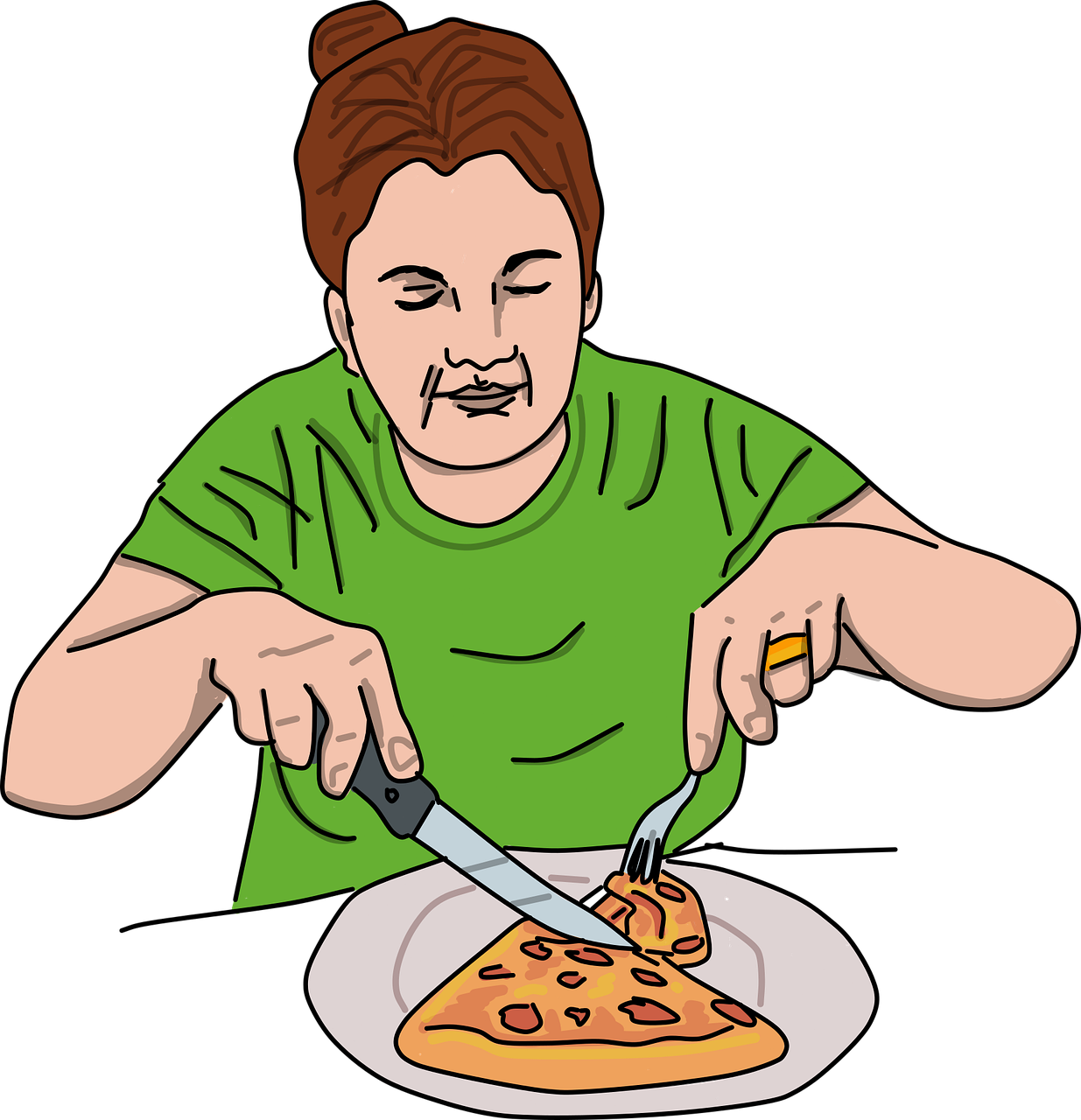
I want something to eatI want something to eat |

anythinganything |

Do you want anything to drinkDo you want anything to drink |

nothingnothing |

There is nothing in the boxThere is nothing in the box |

everythingeverything |

Everything is readyEverything is ready |

somewheresomewhere |

Let's go somewhere newLet's go somewhere new |

anywhereanywhere |

You can sit anywhere you likeYou can sit anywhere you like |

nowherenowhere |

There is nowhere to hideThere is nowhere to hide |

everywhereeverywhere |

There are people everywhereThere are people everywhere |
Congratulations! You have now learned about different types of pronouns and their functions in English.
By mastering personal, possessive, demonstrative, reflexive, interrogative, and indefinite pronouns, you can make your sentences clearer and more efficient.
Keep practicing to enhance your grammar skills and become more proficient in English.